Help Consumers Make Good Choices
My wife Rosemary and I just returned from an extended adventure spending the month of September driving through England, Scotland, Northern Ireland and the Republic of Ireland.
Rosemary just retired from a career as a high school administrator and I’m fortunate that technology allows me to stay in touch with my business when I travel to the extent that most of my clients didn’t even realize that I was away from my office.
There were some places and things we wanted to see that weren’t offered on the itineraries of most tours, and we wanted the flexibility to spend more or less time in different towns and cities, so we planned this adventure ourselves.
With the exception of London and Dublin (the beginning and end of our trip, respectively) where we stayed in hotels, we made a conscious effort to stay in local bed and breakfasts (B&Bs).
With the proprietors often living on the premises, most B&Bs offer free Wi-Fi, enormous home-cooked breakfasts and plenty of locals-only information to share. One truly feels like a guest in their home.
If you haven’t had the opportunity to stay in a B&B, either here in the U.S. or abroad, I strongly encourage you to try them.
Driving, on the other hand, was a completely different and harrowing experience. From staying on the left and sitting on the right to GPS roundabout recalculating and 300-foot roadside drop-offs, our time behind the wheel was rewarded with drives through countrysides most visitors don’t see and amazing vistas that most people only see on postcards.
By now, you’re probably wondering if there’s a point to this column beyond hearing how I spent my summer vacation. There is.
Research Before Shipping Off
I mentioned that we planned and mapped out our own itinerary, using travel guides and places that were on our bucket lists. Other than spending some time in London a few years ago for business purposes (primarily to attend the Chelsea Flower Show), we had no knowledge or prior recommendations on where to stay; all we knew was that we wanted to stay in B&Bs, if possible, in every town on our itinerary. But we thought that finding reservations before we left on our trip might prove to be a real hassle.
Granted, you can do a Google search and come up with a list of B&Bs in a given locale, but then we had to scour each individual B&B’s website and try to determine if one of them satisfied our needs, but it almost seemed as if we were buying a pig in a poke doing it this way.
Then we discovered that there are aggregators such as TripAdvisor.com, Venere.com, Bookings.com and Hotels.com (among others) that gather information from B&Bs (and other lodging types) and provide the ability to set up sort filters.
For instance, enter a search for B&Bs in Galway, Ireland, and it provides a list; then you can filter based on criteria such as distance from the city center, price ranges, amenities and ratings from other travelers who have stayed at those locations.
Once we narrowed our search to three or four choices in a given locale, we then made our decision based on the traveler ratings (i.e. for location, sleep quality, rooms, service, value, cleanliness, etc.) supported by real comments.
Considering Comments
It’s important to note that these commenters were qualified by demographics (i.e. home country, age and purpose of trip), which added some perspective to their ratings and comments. Our decisions were made strictly on the information that was available to us online
through the aggregators, the individual B&B website and user ratings and comments.
We all know that in many cases Generation Y consumers determine where they shop based on web searches and recommendations from their peers. If the information on your website isn’t current, is incomplete or doesn’t tell your story about who you are, what you specialize in and the services you offer, there’s a high likelihood that they’ll never walk through your front door.
If they can’t find a positive recommendation for your business on social media Facebook, Yelp or Twitter they might think twice about making a trip to your store.
I’ve spoken many times about the power of the Internet in helping educate and inform consumers, but my recent experience in using the Web to help us make the lodging decisions for our recent trip really drove that point home to me. Like retail, the lodging industry is driven by consumers filtering through their options and choices, and then helping them make conscious decisions based on the information made available to them.
So, take a hard look at your website and your social media presence, including consumer feedback sites like Yelp and Google reviews. If a potential customer searched for you using these tools, would he/she be impressed enough with what they see or hear to make the decision to choose your store to visit? If so, leverage that and use it as a marketing tool. If not, it’s time to strategize and get moving on it before your competitors build their business at your expense…


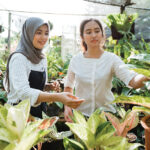








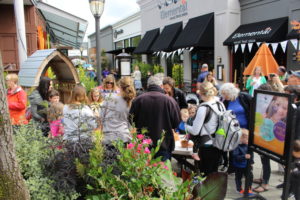
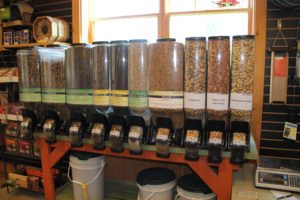
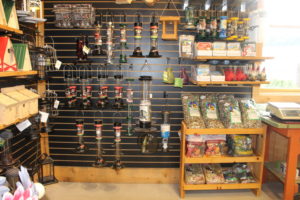
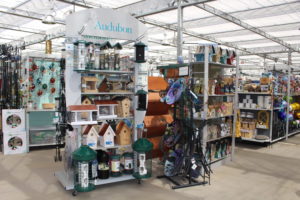



 Videos
Videos





